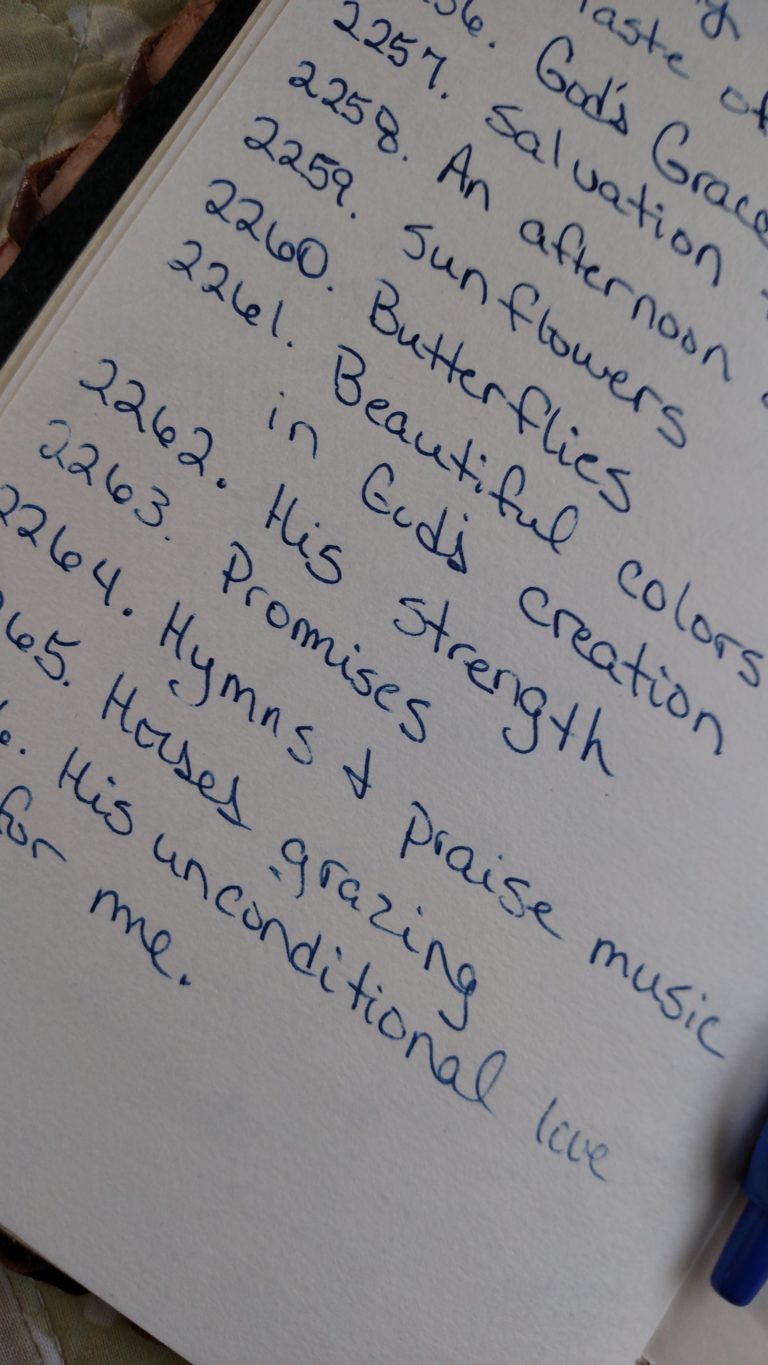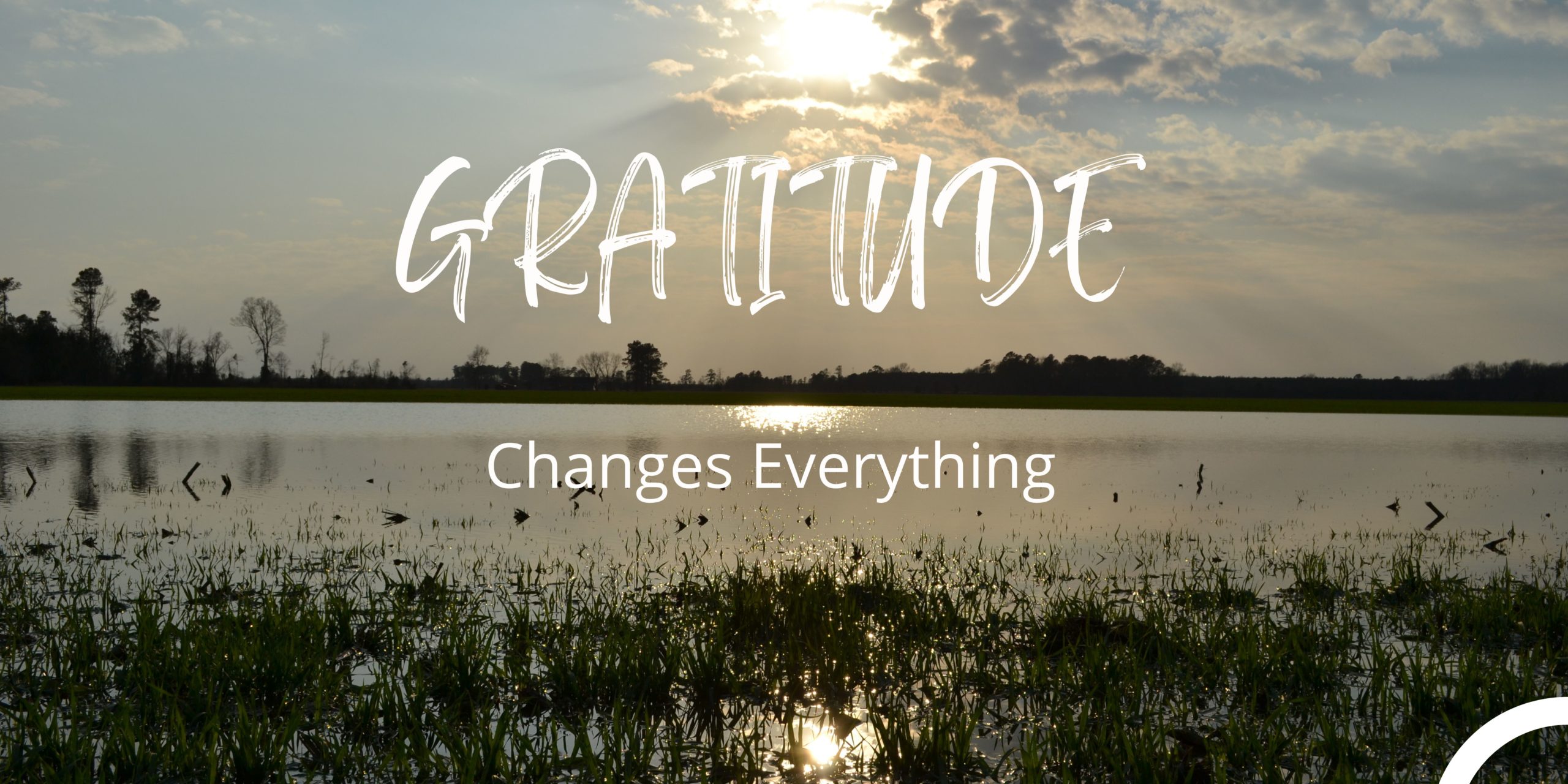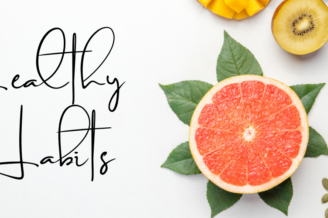
Yes, I know, it is still August, and Thanksgiving is still a few months away. It’s Thursday, though, and I’m pegging Thursdays as Thankful Thursdays here at Sustainable Coaching.
Why you may ask, are you devoting one day each week to gratitude? The quick answer is that it is scientifically proven to be beneficial for us because it improves happiness.
So what are gratitude and happiness? Merriam-Webster defines gratitude as “the state of being grateful: thankfulness.” Synonyms for gratitude include appreciation or thanks. Happiness is defined as “a state of well-being and contentment: joy.” Synonyms for happiness include blessedness and gladness.
We all are familiar with the terms pessimism and optimism. You know, either looking at things as glass half empty or glass half full. One looks at things from a negative perspective while the other looks at the positive or at least the potential for good in a situation.
Quite honestly, I have been in both camps. It is easy to get overwhelmed by the to-do list, the struggles of everyday life, the difficult situations and people we deal with, and that doesn’t even cover the losses and hardships from trauma and tragedy in life. In those times it can be hard to look at things in a positive way or express gratitude in those situations.
Several years ago I was introduced to the book One Thousand Gifts by Ann Voskamp. She writes from a Christian perspective on the benefits of “counting gifts.” In short, she details how to increase your joy by searching for just 3 things each day that you can express gratitude for and write in a gratitude journal. It was a game changer for me in shifting my mindset in a more positive direction. Yes, some days it’s still hard to express gratitude, but usually, there are at least 3 things in a day that we can say we are thankful for. What has been incredibly interesting is the scientific evidence that backs up the concept of gratitude improving our well-being.
According to an article by Harvard Health Publishing, “In positive psychology research, gratitude is strongly and consistently associated with greater happiness. Gratitude helps people feel more positive emotions, relish good experiences, improve their health, deal with adversity, and build strong relationships.” There are numerous studies that have been done on the affects of gratitude that point to a common theme- Gratitude does indeed improve happiness and well-being. With the increase reports of high stress and between 1 in 4 to 1 in 6 American adults struggling with anxiety, depression, or both, it is no wonder that from psychiatrists to physicians to functional medicine practitioners to other specialists, we are seeing an increase in the suggestion of incorporating gratitude awareness or journaling into everyday life.

To summarize some of the benefits of incorporating thoughts of gratitude into our lives, I’ll share some findings from investigators Robert A. Emmons and MIchael E. McCullough. They found that those who either used gratitude interventions or kept a weekly gratitude journal –
- Exercised more regularly
- Experienced a decrease in physical symptoms
- Were more satisfied with life
- Showed more optimism
- Made more progress toward goals
- Experienced healthier relationships
- Were more energized and had increased mood
They also found the following in those who were characterized by being grateful:
- lower depression and stress
- increased well-being
- lower materialism and envy
In short, gratitude is a practice that can be incorporated into everyone’s life. With the list of potential benefits we can experience, there really isn’t anything to lose, yet there is so much to gain.
Will you join me on this journey of gratitude?
Each Thursday, meet me on Facebook or Instagram to count gifts. What are you grateful for today?





3 Comments
I’m thankful for nature…the woods, the way all of our senses are touched by the sounds, smells, sights, feel, and tastes of nature.💚🙏💚
Top site ,.. amazaing post ! Just keep the work on !
Top ,.. I will save your website !